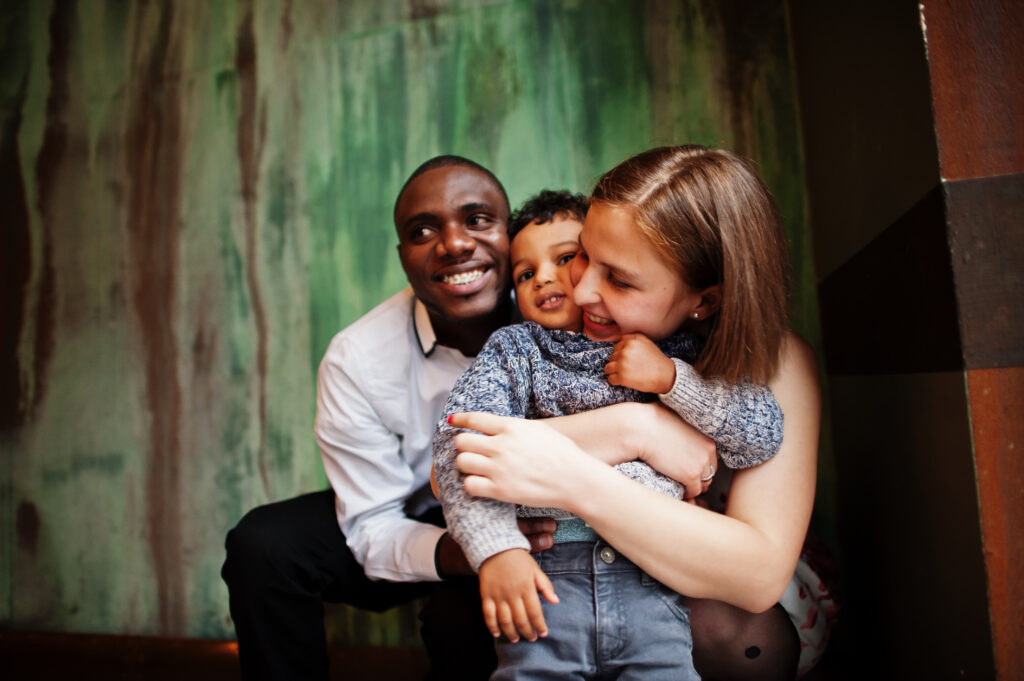Co Parenting Is Hard
Co-parenting is the most troublesome as it entails balancing few emotions and communication. It also requires different styles of parenting. It becomes really difficult to maintain consistency and cooperation in the face of personal differences. However, the challenge can be overcome through mutual respect and child-centeredness. In spite of the troubles, conscious co-parenting can open doors to create a very positive and supportive environment for children.
“The bond that links your true family is not one of blood, but of respect and joy in each other.”
Richard Bach
What Is Co Parenting?
Co parenting describes the joint efforts by both parents to raise their child mutually, after separation or divorce. This mutual effort is in conjunction with the fact that both parents will, as much as possible, be talking and working together at every point in the child’s life for their well-being and development.

Challenges in Co-Parenting
Co parenting takes a major turn when your ups and downs have settled to make changes in the relationship and reform it into a good partnership. Co parenting is full of painful emotions at times, such as anger, bitter feelings, which do not allow you to find harmony. But over time, with much healing and working together, co-parents can develop a better collaborative relationship for the sake of their child.
Communication Issues
Appropriate respect and open communication in co-parenting is vital, but this is much more difficult, as it was tainted with the old past conflicts or their different communication styles. To a mix or an argument, those blurry understandings or things not clearly disclosed lead to possibly damaging consequences on the child.
Different Parenting Styles
Parents may have varying approaches to discipline, routines, or education, causing confusion and inconsistency for the child. Disagreements on values or boundaries can lead to tension between co-parents. Creating a shared parenting plan and agreeing on core principles helps maintain stability across both households.

Emotional Strain
Co-parenting usually entails dealing with the remnants of the past relationship-either anger, resentment, or guilt. Sometimes, personal emotions tend to overshadow the focus on a child’s needs, leading to conflict between their parents. Such parents may go for counseling or seek mediation to enable them to deal with their emotions effectively.
Introducing New Relationships
The presence of new partners or blended families can create tension or discomfort for both co-parents and the child. Children may struggle to adjust, and co-parents might have different opinions on the timing or nature of these introductions. Clear communication and a gradual approach to introducing new relationships can help maintain stability for the child.
Scheduling Conflicts
It’s elementary to coordinate visitation schedules, school activities, and extracurricular events in two separate households. A little last-minute alteration or inflexibility brings stress, both to the parents and children. A clear parenting plan-all members in whatever life stage should consent with regards to flexible time-for the one that constrains related conflict.
It is important to understand that each challenge in co-parenting is unique and can be overcome with a variety of efforts, a healthy measure of empathy, and a constructive motivation for the child’s well-being.

Tips to Overcome These Challenges
Prioritize Open Communication
Use respectful and clear communication methods, such as parenting apps or scheduled discussions, to avoid misunderstandings. Keep conversations focused on the child’s needs, not past conflicts.
Establish Consistent Parenting Rules
Work together to create consistent guidelines for discipline, routines, and values across both households. Compromise on key issues to ensure stability for the child.
Practice Emotional Resilience
Focus on managing personal emotions like anger or frustration constructively. Seek therapy or counseling if needed to maintain a positive co-parenting dynamic.
Plan and Be Flexible with Schedules
Create a detailed parenting schedule that includes visitation, holidays, and school events. Stay open to adjustments when unexpected situations arise.
Focus on the Child’s Well-Being
Always keep the emotions and physical needs of the child as a priority in every decision-making. Allow their relationships with the other parent so that it can create an environment with good quality.

How to Co-Parent When One Parent is Difficult?
The painful reality of becoming a parent alone with a partner who was once considered as difficult is the understanding that whatever drama occurs between you, it does not affect your child. It means that it might be difficult to set clear boundaries and maintain communication only regarding the matter of your child’s emotional involvement will still find a trigger. Utilize written communication methods, like emails or parenting apps, to keep interactions professional and trackable.
Additionally, practice patience and avoid reacting to provocation, as it only escalates conflict. Seek mediation or counseling to navigate disagreements constructively. Ensure that you have a legal arrangement where a proper parenting schedule is created considering the needs of children and it minimizes conflict between the parents.
Frequently Asked Questions
1. Why is co-parenting so hard?
It is really difficult considering co parenting because it means balancing the aspect of personal difference with emotion and involving collaboration in all of this in a way that promotes a child’s overall good.
2. How to handle co-parenting?
Handle co-parenting by maintaining clear communication, setting boundaries, staying focused on the child’s needs, and practicing patience and flexibility.
3. Is co-parenting stressful?
Yes, co parenting can be terribly stressful when combined with emotional uproar, different parenting styles, constant need for communication and mutual sacrifice.


